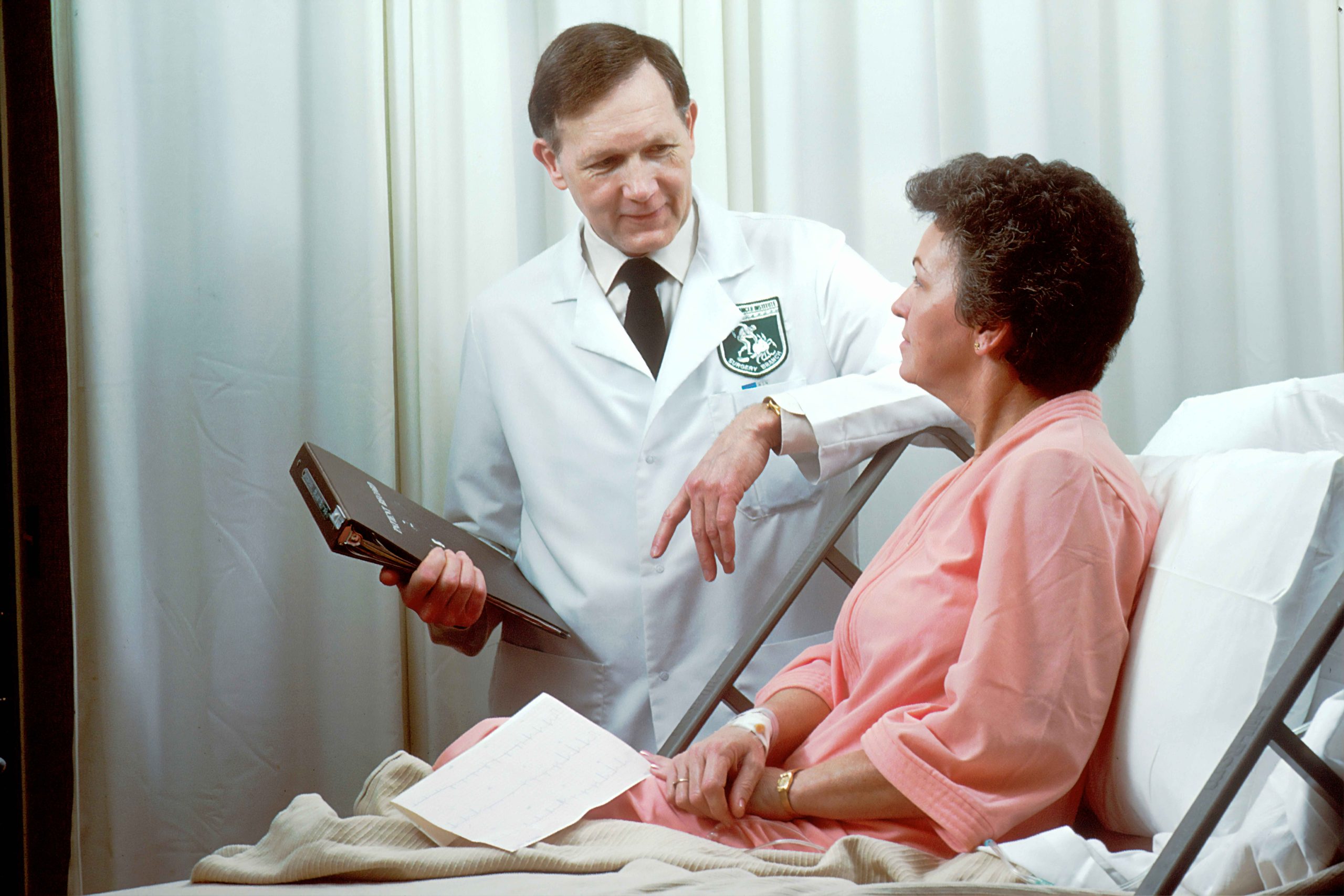How to Negotiate Medical Bills and Avoid Debt Collection: Smart Ways to Pay Medical Bills

Medical bills can quickly add up, creating financial stress for many individuals and families. However, many people don’t realize that medical charges are often open to negotiation. By taking a proactive approach, you can reduce your expenses and make payments more manageable.
This guide will walk you through key strategies to help lower your medical bills and find a payment solution that works for you. Understanding your bill, identifying potential errors, and knowing your options for financial assistance can help you take control of your healthcare costs. Whether you’re dealing with an unexpected hospital charge or routine medical expenses, learning how to negotiate can lead to significant savings.
Key Takeaways
- Negotiating medical bills can reduce your expenses, saving you thousands.
- Check for billing errors and request itemized bills to enhance your negotiation power.
- When you start negotiating early, your chances of receiving a better deal increase.
- Research available financial assistance programs that may reduce or eliminate your bills.
- Be aware of the importance of timelines—unpaid bills may affect your credit report after a year.
Understanding Your Medical Bills
Having a clear understanding of your medical bills is essential for managing healthcare costs and negotiating fair charges. Medical billing errors are more common than many realize, with 80% of bills containing mistakes such as duplicate charges, incorrect billing codes, or overcharges for routine services. Without reviewing your bills carefully, you may end up paying more than necessary.
Taking the time to examine your medical statements allows you to catch errors and dispute inaccurate charges, potentially lowering your overall expenses. This proactive approach can make a significant difference in what you owe and help you stay in control of your healthcare costs.
Common Medical Billing Errors
Medical bills often contain errors that can lead to unnecessary expenses. When reviewing your bill, watch for:
- Duplicate charges for the same service or procedure.
- Charges for medications you brought from home.
- Unbundled charges, where services that should be billed as a single fee are separated into multiple charges.
- Incorrect billing codes that inflate the total cost.
- Excessive charges for routine supplies like gloves or gauze, which should already be included in the overall hospital fee.
- Misreported dates or durations of hospital stays, leading to higher costs.
By identifying these errors, you can dispute inaccuracies and potentially lower your bill. Always request a detailed breakdown of charges to ensure you’re only paying for what you received.
The Importance of Itemized Bills
An itemized bill is important for verifying medical charges. Unlike a standard summary, an itemized bill provides a detailed list of services, treatments, and corresponding billing codes, making it easier to detect errors.
If your medical bill is unclear or lacks details, ask your healthcare provider for an itemized version. This transparency not only helps in spotting mistakes but also strengthens your ability to negotiate adjustments or seek financial assistance if needed.
Decoding Your Explanation of Benefits (EOB)
Your Explanation of Benefits (EOB) is a key document that helps clarify how your medical costs are covered. It breaks down:
- The total cost of services billed by your healthcare provider.
- The amount covered by your insurance company.
- The remaining balance that you are responsible for paying.
Comparing your EOB with your medical bill ensures you’re not being overcharged and that your insurance provider has processed claims correctly. Understanding this document can also help you determine whether you need to appeal an insurance denial or seek financial assistance for uncovered costs.
By reviewing your bills carefully and using tools like an itemized bill and your EOB, you can better navigate medical expenses, avoid overpaying, and take control of your healthcare finances.
How to Effectively Negotiate Medical Bills
Medical bills can be overwhelming, but negotiating them can significantly reduce your costs and prevent financial strain. Many patients don’t realize that medical charges are often flexible and open to negotiation. By taking the right steps you can lower your expenses and avoid paying more than necessary.
Whether you’re dealing with an unexpected hospital bill or routine medical charges, understanding how to negotiate can save you hundreds or even thousands of dollars.
Start Early to Improve Your Negotiation Power
Timing is crucial when it comes to negotiating medical bills. Begin the process as soon as you receive your bill or Explanation of Benefits (EOB) to catch errors, dispute incorrect charges, and discuss possible adjustments before the due date. If you wait too long, you may lose leverage as unpaid bills can be sent to collections, making negotiations more difficult.
Taking the initiative early allows you to address discrepancies and ask for a detailed breakdown of charges. Many hospitals and clinics are willing to reduce bills when patients actively question costs. If you’re uninsured, bringing up payment concerns early can increase your chances of securing a discounted rate or qualifying for financial assistance programs.
Compare Insured vs. Uninsured Rates
One of the most effective ways to negotiate is by understanding the price differences between insured and uninsured patients. Many medical providers charge uninsured patients significantly higher rates than those covered by insurance. To negotiate a fairer price, research what insurance companies typically pay for the same procedures using tools like FAIR Health Consumer or hospital price transparency resources.
Once you have this information, reach out to the billing department and request a price adjustment based on the standard rates for insured patients. If the amount you’re billed is much higher than average costs in your area, you can use this data to argue for a lower, fairer charge. This approach is a smart way to save, ensuring you don’t pay more than necessary for medical services.
Ask About Financial Assistance Programs
Many hospitals and healthcare providers offer financial assistance programs for individuals facing medical debt. About 41% of Americans struggle with medical debt totaling $195 Billion. If you’re struggling to pay your bill, don’t hesitate to ask about available options. Nonprofit hospitals, in particular, are legally required to provide charitable care or financial aid to qualifying patients.
To apply, you may need to submit income verification, tax returns, or proof of financial hardship. Even if you don’t qualify for full assistance, you may still receive a partial discount or a payment reduction. Some providers also offer sliding scale fees, which adjust costs based on your ability to pay.
If you’re unsure whether a hospital offers financial aid, check their website or speak directly with a billing representative. Simply asking about assistance programs can uncover hidden options on how to save money, potentially reducing your medical expenses.
Request a Payment Plan if Needed
If negotiating a lower bill isn’t successful or you’re still struggling to pay, ask about a payment plan. Many medical providers offer interest-free installment options, allowing you to break the bill into smaller, manageable monthly payments rather than paying a lump sum.
A structured payment plan prevents your bill from being sent to collections, which can negatively impact your credit score. When setting up a plan, be clear about what you can afford each month and negotiate a reasonable timeframe. Some hospitals allow flexible payment terms and may even extend repayment beyond a year if needed.
Additionally, some providers forgive remaining balances after consistent on-time payments for a certain period. To help manage payments more effectively, consider a no spend month—a temporary commitment to cutting out all unnecessary expenses. By reducing discretionary spending for a few weeks, you can redirect extra funds toward your medical bills and pay them off faster.
Conclusion
Negotiating medical bills can feel intimidating, but taking a proactive approach can lead to significant savings. By reviewing your charges for errors, researching fair pricing, and exploring discount and payment options, you can take control of your healthcare expenses rather than letting them overwhelm you.
The key is to communicate with your healthcare provider—most billing departments are willing to work with patients who show a genuine effort to resolve their bills. Whether you’re asking for a price adjustment, applying for financial assistance, or setting up a payment plan, advocating for yourself can lead to lower costs and a more manageable financial future.
FAQ
What should I do if I receive a surprise medical bill?
If you receive a surprise medical bill, first review it carefully for any errors. Contact the provider’s billing office to discuss the charges. You can also check with your health insurance company to see if the services you received would be covered, and if not, inquire about negotiating your bill.
How can I negotiate my medical debt?
To negotiate your medical debt, start by gathering all relevant documents, including your bill and any insurance information. Contact the provider’s billing office and explain your situation. Be honest about your financial situation and ask if they offer charity care or payment plans, which may allow you to pay less out-of-pocket.
Can a debt collector contact me about medical bills?
Yes, a debt collector can contact you about medical bills if the bill has been sent to a collections agency. However, you have rights under the Fair Debt Collection Practices Act, which protects you from unfair practices by debt collectors.
What if I can’t afford to pay a medical bill?
A: If you can’t afford to pay a medical bill, reach out to the provider’s billing office. They may offer options such as charity care, payment plans, or discounts based on your income. It’s important to communicate your financial situation to explore available relief options.
How does medical credit work for paying bills?
Medical credit is a financing option specifically designed for healthcare expenses. It allows you to pay for medical care over time, often with low or no interest. However, be cautious as high-interest rates can apply if not managed properly. It’s essential to understand the terms before agreeing to this type of financing.
Are there nonprofit organizations that can help with medical bills?
Yes, many nonprofit organizations provide free or discounted services to help individuals with medical bills. Research local charities and foundations that may offer assistance based on your eligibility, income, and specific medical debt situation.
What steps should I take if my medical bill is sent to collections?
If your medical bill is sent to collections, the first step is to verify the debt with the collection agency. Request documentation of the amount owed and confirm it is accurate. You can then negotiate with the debt collector or explore options with the original provider to settle the debt directly.
How long can medical debt be reported on my credit report?
Medical debt often remains on your credit report longer than other types of debt. However, under recent regulations, medical debt must be at least 180 days old before it can be reported. This gives you time to resolve the debt before it impacts your credit score.






